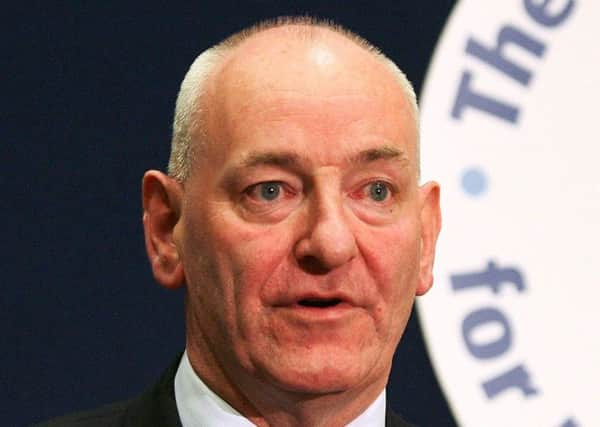Foyle MP blames Foster for leaving McGuinness no choice and fuelling uncertainty


“While I clearly disagree with Sinn Féin’s previous call of lining up with the DUP against a public inquiry and I believe that the Sinn Féin Finance Minister should have taken a grip on driving remedial action on the adverse budgetary fallout from RHI, I have to acknowledge that Martin McGuinness was being left no choice by Arlene Foster and the DUP other than his announcement today,” he said.
“He should not have been put in that position, not just because of personal circumstances on which we all offer our best wishes, but because of the democratic import of that decision in this context,” he added.
Advertisement
Hide AdAdvertisement
Hide AdMr. Durkan also echoed a call by South Antrim UUP MP Danny Kinahan for the St Andrews Agreement to be revisited and the joint election of future First and Deputy First Ministers reinstated.
“As many speculate on future wider negotiations picking up on this crisis and other outstanding issues, among other things I would urge that any negotiations about our institutions should include the restoration of the joint election by the Assembly of the First and deputy First Minister,” he said.
“Privatising those as two separate appointments (by letter to the Speaker) from two specified parties has served to weaken the ethic of jointery in what should always be seen and worked as a shared and equal office. “That change by the St Andrew’s Agreement has also obviously removed any real sense of accountability by a First Minister to an Assembly that did not appoint her.
“Even as a political opponent of Martin McGuinness, I resent that he had to resign on these terms. Given my own insight into that joint First Ministerial role, I want to acknowledge much of the spirit of his tenure in a sensitive role – even if I might disagree with some Executive decisions. Having served with Martin McGuinness in government, and dealt with him in many negotiations and various institutional formats (as well as constituency level), I can pay tribute to the calibre of his engagement and work ethic and recognise the collegial spirit he has been able to demonstrate.”